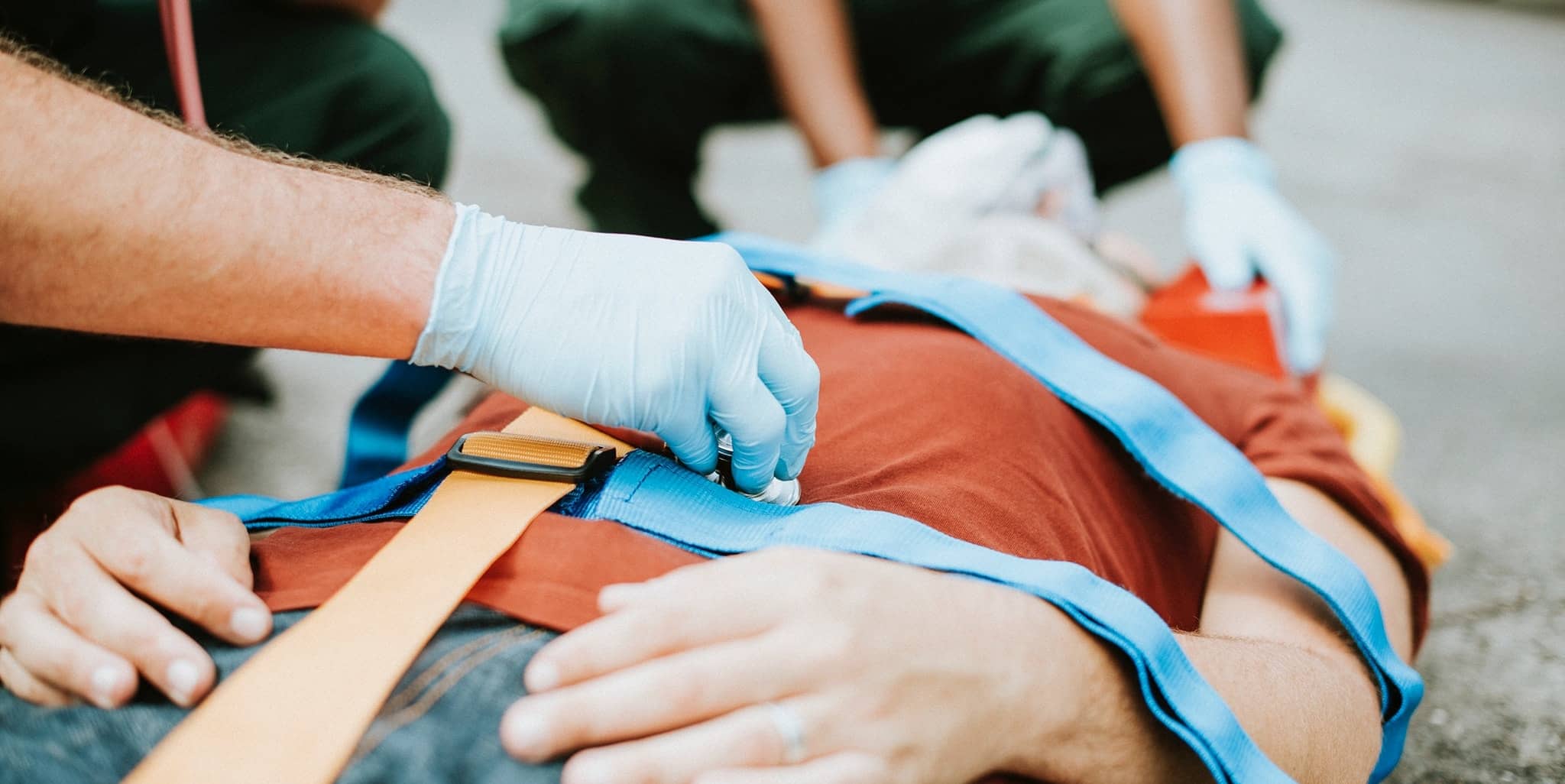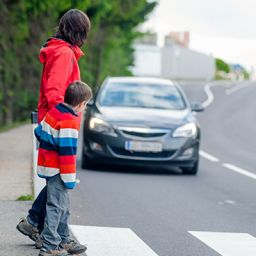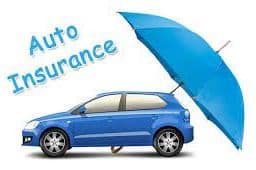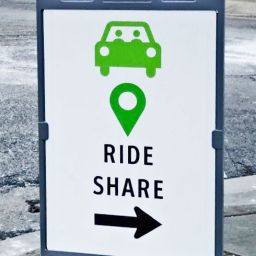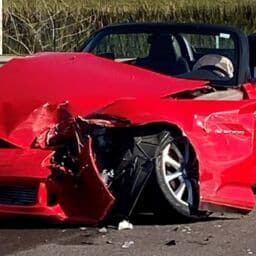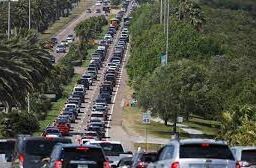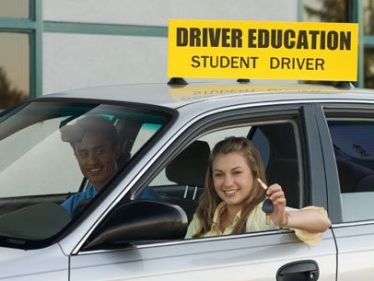
Even the most responsible teenage drivers are at a higher risk of causing a car crash. The most common reasons are distractions from their phones or friends and lack of experience. Teens do not always know how to react under different driving conditions and situations. Sometimes weather is a factor, and teens do not realize how slick the roads can be in the rain or snow, or how to safely steer into a skid to avoid a crash. Additionally, they may not be used to driving in stop and go traffic, where glancing at their phones even for a split second can cause a rear-end collision.
According to the CDC, about 227,000 teens are injured in car crashes each year, and teen drivers are 3 times more likely to be killed in auto accidents. Teenage driving statistics show that teens are more likely to crash if they have been drinking or taking drugs, texting, and when driving with their friends. The website TeenDriverSource.org reports that 75% of serious teen driver crashes are due to the following three “critical errors”: (1) lack of scanning to detect and respond to hazards; (2) driving too fast for road conditions; (3) and being distracted by something inside or outside the vehicle.
In addition to maintaining a careful lookout for potential dangers, slowing down, and paying attention to the road at all times, teens can lower their risk of causing a car crash by considering the following tips:
- Be Cautious Even When Driving Through a Green Light
When the light turns green in your direction, look both ways before starting to drive through the intersection. Many drivers speed through yellow or red lights, so just because you have a green light does not mean nobody is coming from the other direction.
- Use Extra Caution When Turning on a Red Light
Drivers going straight on a green light are usually driving extremely fast (40-50 miles per hour), and they may not be able to stop if you turn right in front of them.
- Be Careful When Turning Left
When you’re trying to make a left hand turn and a car in the opposite lane stops and waves for you to go, you may think it is safe to turn. However, you should avoid doing so unless you can clearly see that no other cars are coming the other way in the other lane or going around the stopped vehicle. Approximately 12% of crashes happen in these situations.
- Do Not Brake Suddenly
Avoid braking suddenly unless it is truly an emergency. If you have to slow down or stop, alert the driver behind you by tapping the brakes before coming to a stop. This can prevent you from behind hit from behind.
- Keep a Safe Distance In Front of You
By staying far enough back at a red light or while driving, you can avoid hitting the car in front of you if you are hit from behind and pushed forward.
- Do Not Roll Through Stop Signs or Red Lights
Drivers who roll through a red light while making a right-hand turn risk seriously injuring pedestrians and cyclists. In fact, 6% of pedestrian fatalities are caused by drivers rolling right on red, and 21% of such victims are children.
- Do Not Text or Talk on the Phone
Texting while driving is illegal in most states including Florida. Even talking on the phone or to passengers can be distracting. Drivers who text or talk on their phone, have serious conversations with their passengers, look at billboards or other things on the road are not paying full attention to driving and reacting to sudden changes in traffic.
- Pull Over if You Are Tired
Mark Rosekind, former administrator of the National Highway Traffic Safety Administration, observed that “people are horrible judges of their own sleepiness.” He explains that sometimes the brain unconsciously shuts down for a few seconds, and we don’t even know it. During those few seconds, you might swerve out of your lane and cause a crash. According to Casner, lane and road departures account for 33% of all crashes. To be on the safe side, avoid driving alone for long stretches, especially at night. If you are feeling tired, stop at a rest stop or hotel.
Jovita Wysocka Ahava is an attorney focused primarily on auto accidents, motor vehicle law, personal injury, premises cases, defective consumer products, prescription drugs and medical devices, and nursing home abuse and negligence. Ms. Ahava is a partner at Ahava Law Group and is licensed to practice law in Florida, Massachusetts and New York. She is also a Polish-speaking attorney.

